During the last five or six years all my vacations bit by bit, almost unnoticeably but unavoidably have turned into beercations. My itineraries revolve around breweries I want to visit, festivals I want to attend, events I want to participate in, stores I want to leave my money at and people I want to meet. But it seems I’m getting old. I don’t enjoy big vibrant and fast paced cities full of people and adventures as much as I did anymore. Not that I don’t like them at all, no. But I’m helplessly falling in love with tiny towns and villages and special people making something with their own hands and I’m eager to spend time on the road and get to them no matter what it takes. More so, if this people and I are brought together by mere accident, like a post on Facebook, a mention by a distant acquaintance or other intricate way of fate. And I’m extremely happy about the fact that such people exist and these unexpected journeys happen.
“Oh gosh, we’ve overslept the best connection for today!” This was the beginning of one Saturday morning in Belgium. Not your usual morning, because it was a morning of our 10 day long trip to the Holy ground of beer. Yes, I know it’s terribly cliched, but totally true nonetheless. Almost a month ago we spontaneously (yes, pun is intended) agreed this adventure with a brewery I accidentally found on the map of Milk the Funk society, people who love mix- and spontaneously ferment things. Antidoot doesn’t even sell beer yet, brothers Tom and Wim Jacobs only brew and welcome visitors some other Saturdays, but they are famous already, and it seems everyone knows about them, including two Swedish distributors whom we’d met in the afternoon. But I get ahead of myself.
Kortenaken, where brothers have bought and restored a house some years ago (last year they’ve added a small brewery with a coolship on the first floor and a barrel storage on the ground one), is a kinda peculiar spot on the map, hard to get to. You can’t arrive there by a direct train, you have to take a few changes by bus, and you don’t even start thinking of driving because infinite hospitality of Jacobs family involves beer. A lot of it. Have I mentioned beer? And we are very responsible drinkers, aren’t we? So, first you take a 40 minute long ride from Brussels to Tienen by train. If you are lucky, you’ll catch Bus 22 for another 35 minute long ride in no time, either you’ll have to spend more than an hour for the next one because it departs once in two hours, five trips per day. After embankment you’ll swiftly move through the fields of bloom; that is if you travel in spring.
We’ve covered last few hundred meters to our destination point by foot and yes, there it was, the fairy-tale house from the pictures. A bit sheepishly ‘cause we usually don’t barge into people’s homes even if we were the ones who’d asked permission to visit, we peeked into the door and met Tom and Wim. Boyish, relaxed, long-haired and wearing a hat which seemingly never leaves his head, Tom charms you in a minute. And you are actually enjoying it immensely, because he is true deal. It’s really hard not to draw parallels. Tom is a former teacher. And he is a big fan of Orval. And now he makes beer. Doesn’t ring a bell? OK, maybe it’s just me, but I really want Antidoot to be as successful as Mikkeller, and hope that Tom will stay the same after getting all the fame and adoration. Because now his eyes shine with soft and gentle light when he talks about their secret garden: which kind of grapes they grow (some of them don’t even have names yet, only numerical codes, just like experimental hops), how they’d saved vines from frost last year, which plum trees will bear fruit this season, which plants they add into beer - yes, this herb with tiny blue flowers growing near raspberry bushes as well, just as yellow gentian they forage in the highlands.
It’s been almost 10 years since Jacobs family has moved from city to the countryside. Aiming for sustainability Jacobs made their own soap, grew their own vegetables and in the beginning of 2010s they’ve started making their own wine, other beverages came later. Tiny vineyard is an alchemical laboratory, playground, and study, where processes and consequences are explored, the soil, the plants, the climate and everything gets to be known. The produce today is not limited to beer, brothers still make wild wine and cider. They use locally and self-grown fruits and indigenous yeast.
And if I thought that produce of alcoholic drinks is highly regulated in my country, it seems it’s not a piece of cake in Belgium either. Basically, you can’t add anything into beer without proper papers. You want to make elderflower beer? Sure, there is a firm which grows them for you, food-grade. You can’t grow unusual ingredients yourself, you can’t forage, you can’t have them gifted. For example, there is a retirement home with old apple gardens not far from brothers’ house, and recently it became forbidden to use these apples for the needs of the institution. Pies or juice can’t be made for tenants’ enjoyment anymore. But Tom and Wim don’t let the fruit rot. As already mentioned, brothers make cider from these apples and don’t bother with restrictions for now, because all their produce is meant for self-consumption or tasting with a nosey guest like me.
Jacobs don’t have any special education in fermentation science: all their knowledge is self-gathered and first-hand experienced. They have built their small two-storey brewery with a coolship under the roof themselves, they have found and brought home 1882 French foeder to make it into solera. They have whispered local yeast into a kind of agreement to work together for the sake of capturing the beauty of nature and human hard work in a bottle. I won’t be shy to call the fruits of their labor a terroir beverage. Everything is soaked with magic of place, love, care, wilderness, and bit of alchemy. Everything is hard-won, everything is done by hand: seeding, planting, weeding, tieing up, thinning, cropping, not to mention brewing, bottling and corking.
Above the coolship hangs the wooden frame covered by last years grape vines. It reminds me of intricate and unconventional dreamcatcher, but these are to catch local microflora. But well, the dreams of the Jacobs family depends on these small creatures in a way. The construction is adorned with lamb skull representing life and death, because “Antidoot” means not an antidote actually, but “anti-death” in old Dutch. The beautifully drawn logo of the brewery in-making is done in the same metaphysical vein and it’s proudly branded only on one barrel (for now), but come on, it’s just the beginning.
If you are lucky enough you can even participate in the mystery of creation and make unforgettable memories, like picking up 3 more kilos of dandelion flowers for the Saison. After transferring the wort into the coolship, Tom adds dried hop cones (yes, Belgian as well) and a thick layer of yellow flowers, fifteen kilos in all.
The future beer will gradually cool down under scrupulous eye of the lamb skull and care of the smallest bugs who will descent from open windows and vine roof to start fermentation. As all other Antidoot Farmhouse ales this one will stay in barrels for at least 4-6 months before bottling.
In accordance with old ways of classical lambic makers and wild yeast tamers, brothers would brew the last batch of beer for this brewing season. No wonder, it’s already been too hot and the risk of unwanted contamination is too high. But it doesn’t mean that Tom and Wim would sit still. Brand new shining bottling machine is waiting for them and their beers, eager to fill bottles with handmade wonders. Jacobs have chosen 750 ml bottles and magnums as the most fitting sizes for their project. But why not? Gems needs proper setting.
I suppose trips like this help breweries located far from beaten paths gain fame and coveted status. Even getting there is an achievement itself, and great beer tastes even better when you share it with brewer and other people who’ve made it to the brewery’s table, overlooking the vineyard, paired with homemade pie and cold cuts brought by a neighbor, who takes the spent grain for animal feed. And here it is, the neverending alchemy circle of life and death: malt becomes spent grain and it becomes animal feed and animal feeds you and waste will be buried and become a soil for grain again.
...I hold a glass in my hand and think how cool it would be to stay till dusk, catch the stars, talk with Tom in the slightly slurred mix of English and Dutch about the names of the beers he hasn’t even brewed yet, discuss beer culture evolution with Swedish distributors, find common friends with a Dutch brewer who came to visit Tom and Wim, but then I remember that the last bus to the station leaves before 7 PM…

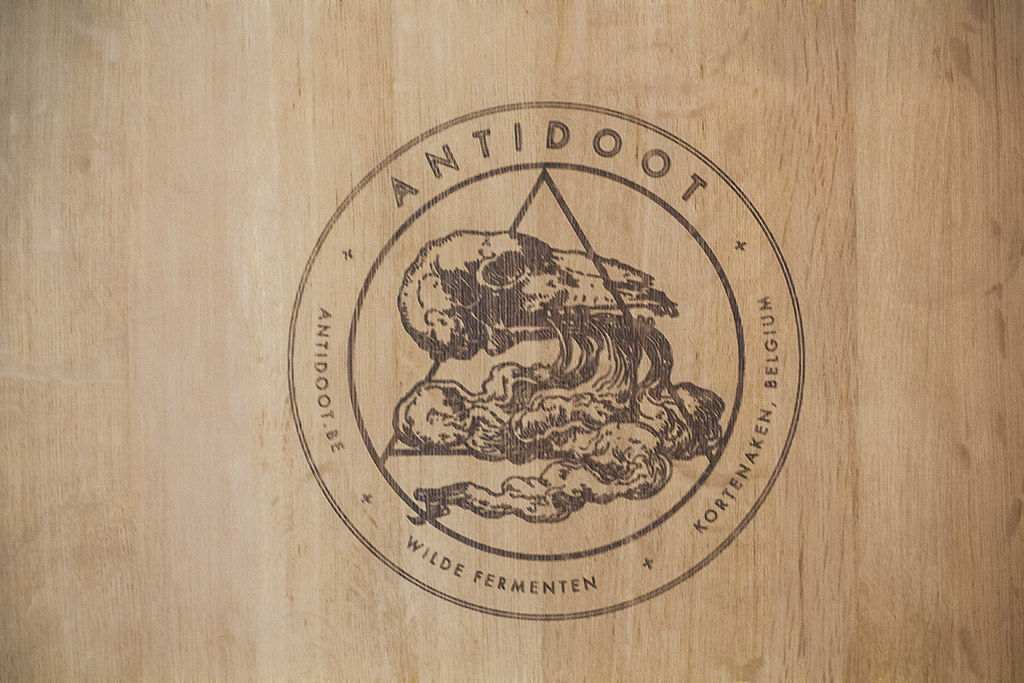
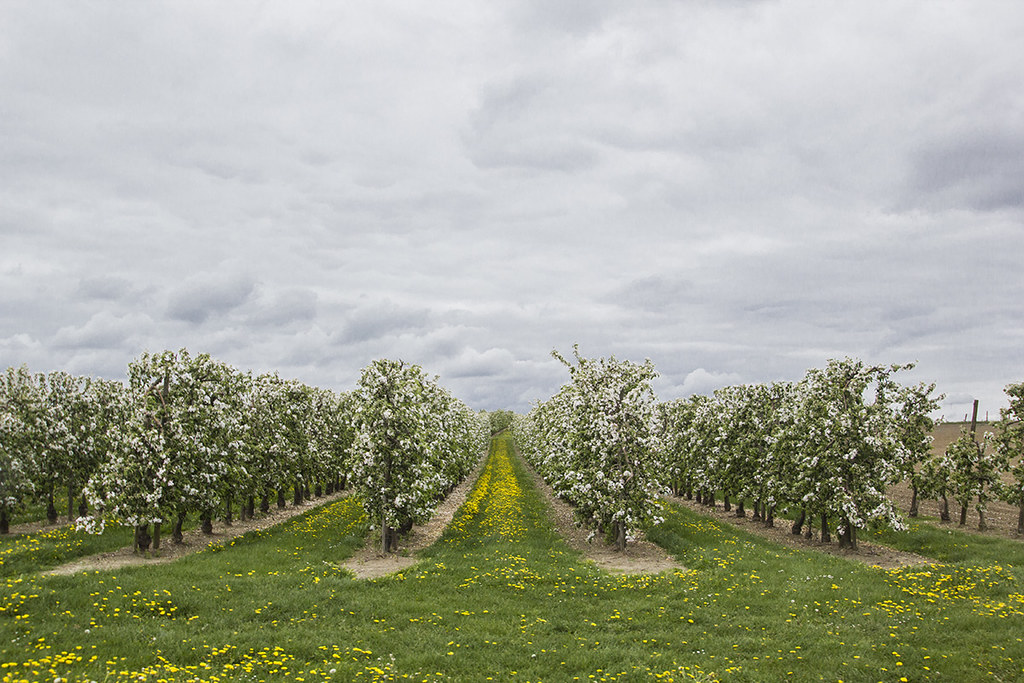
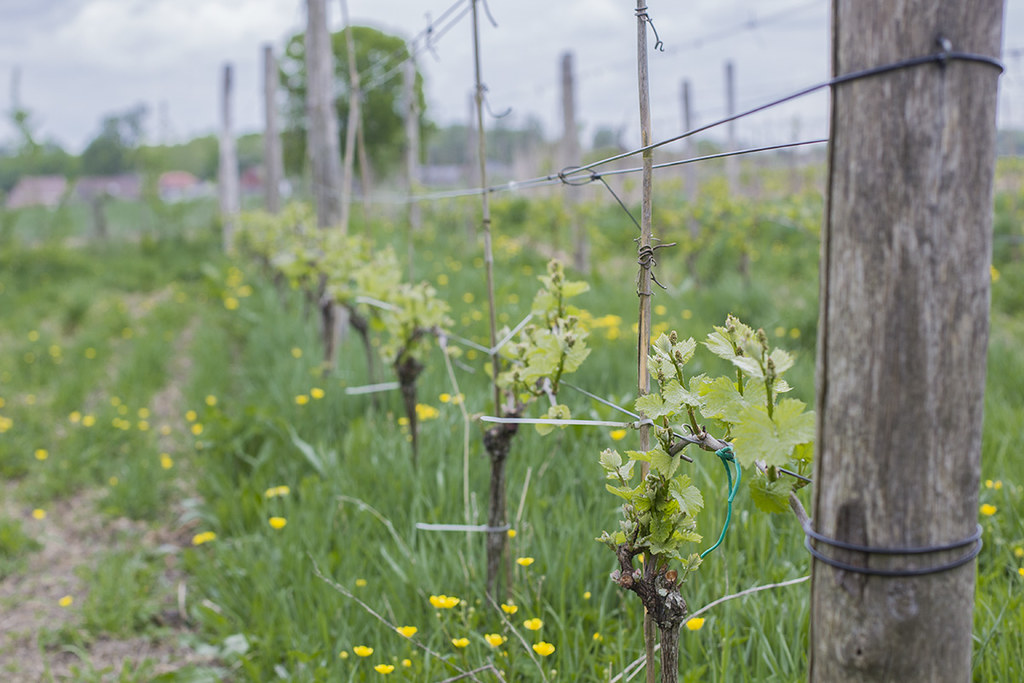
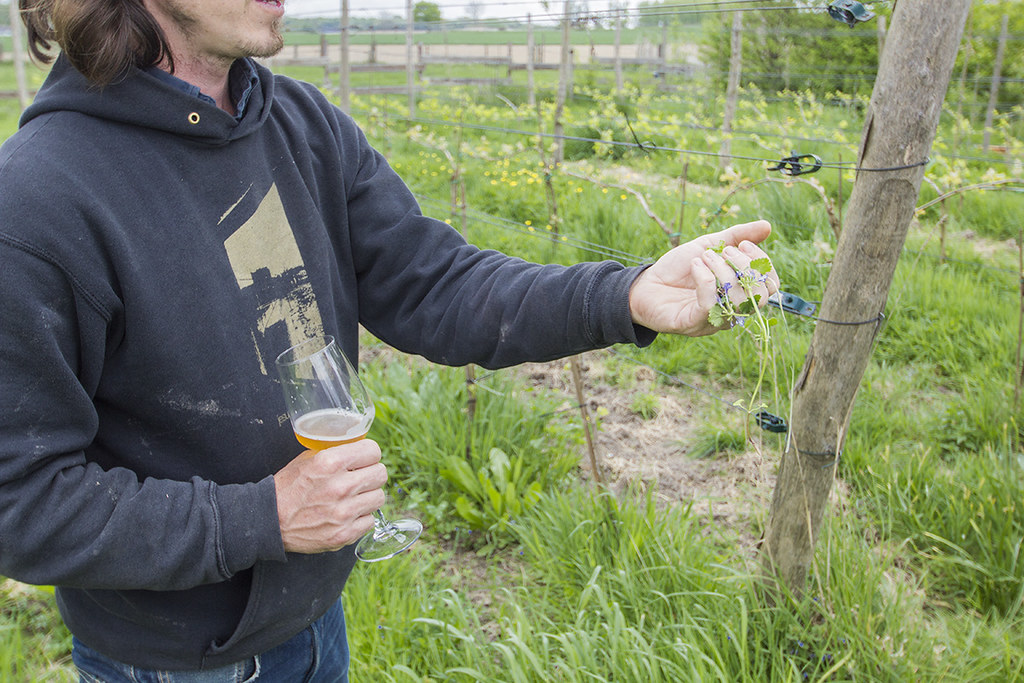
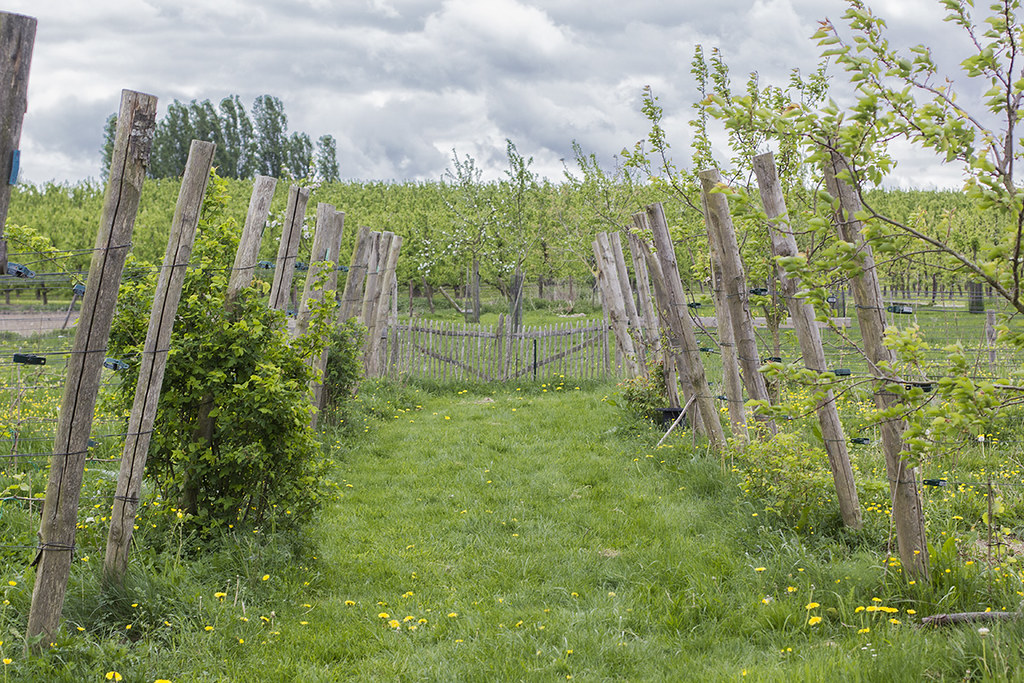
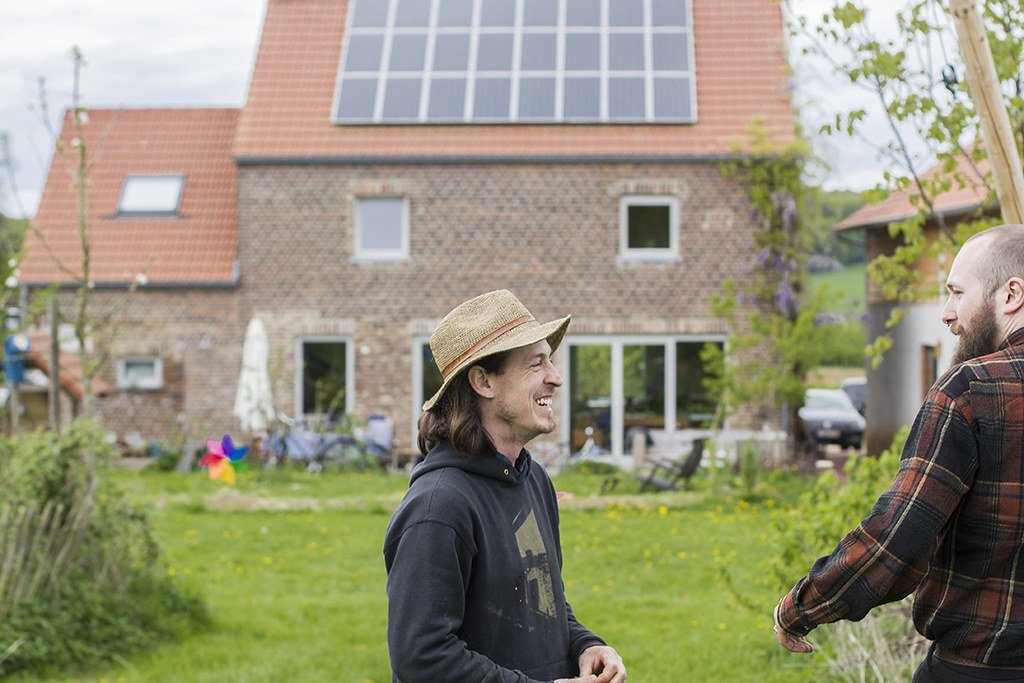
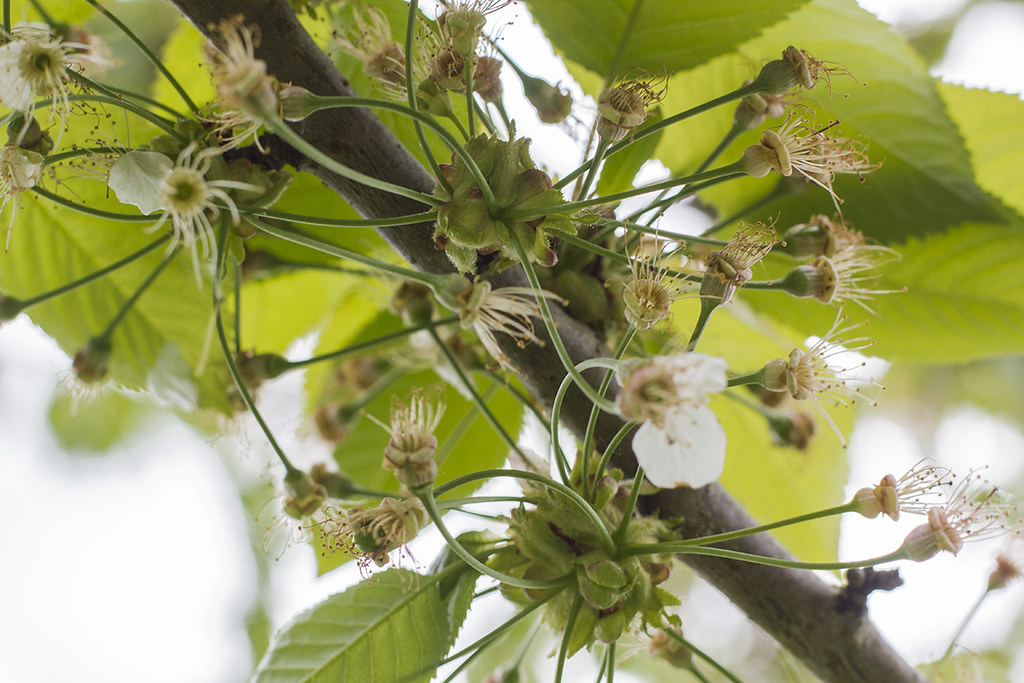
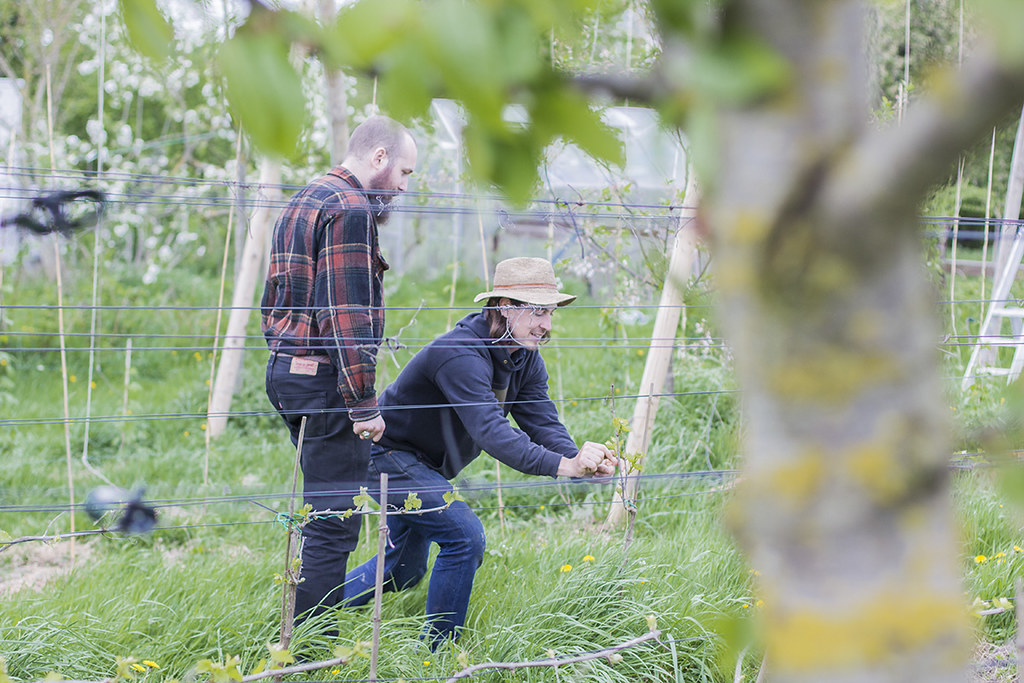
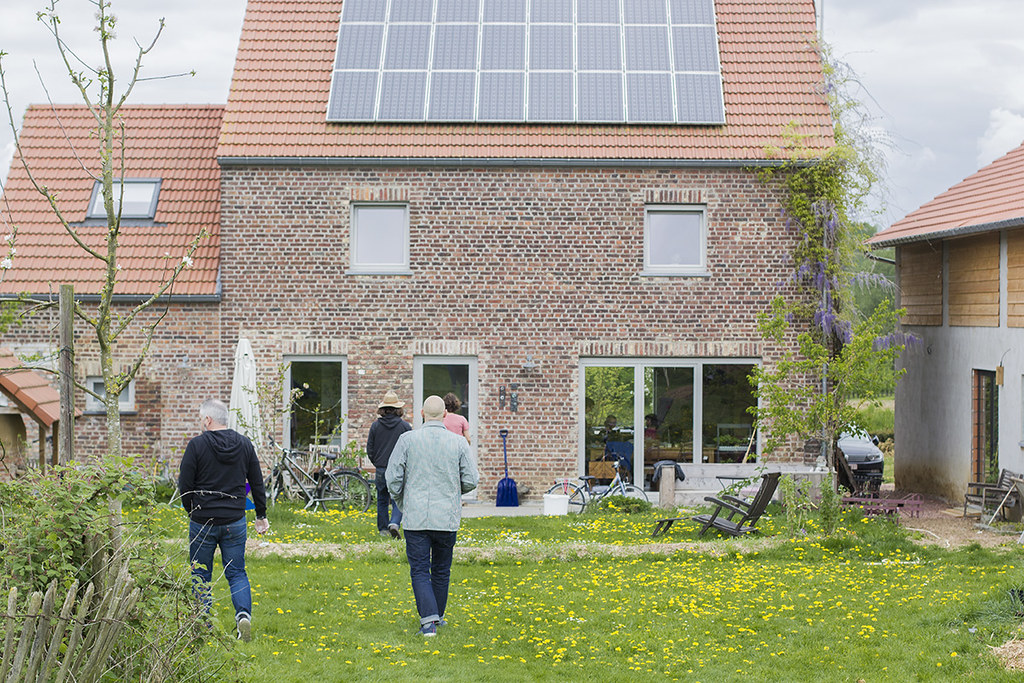
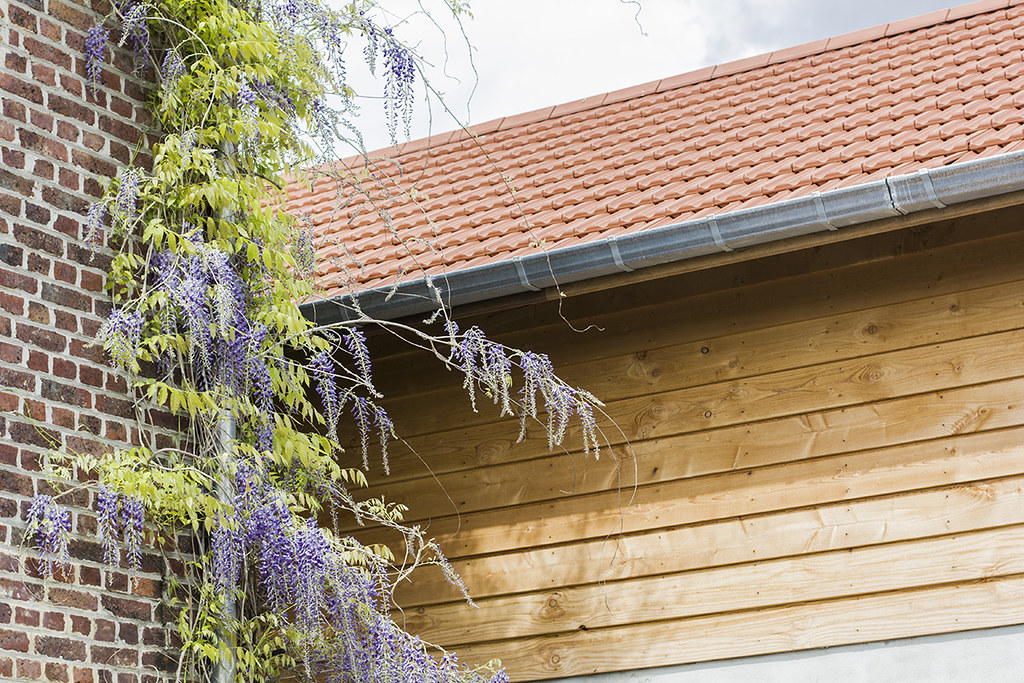
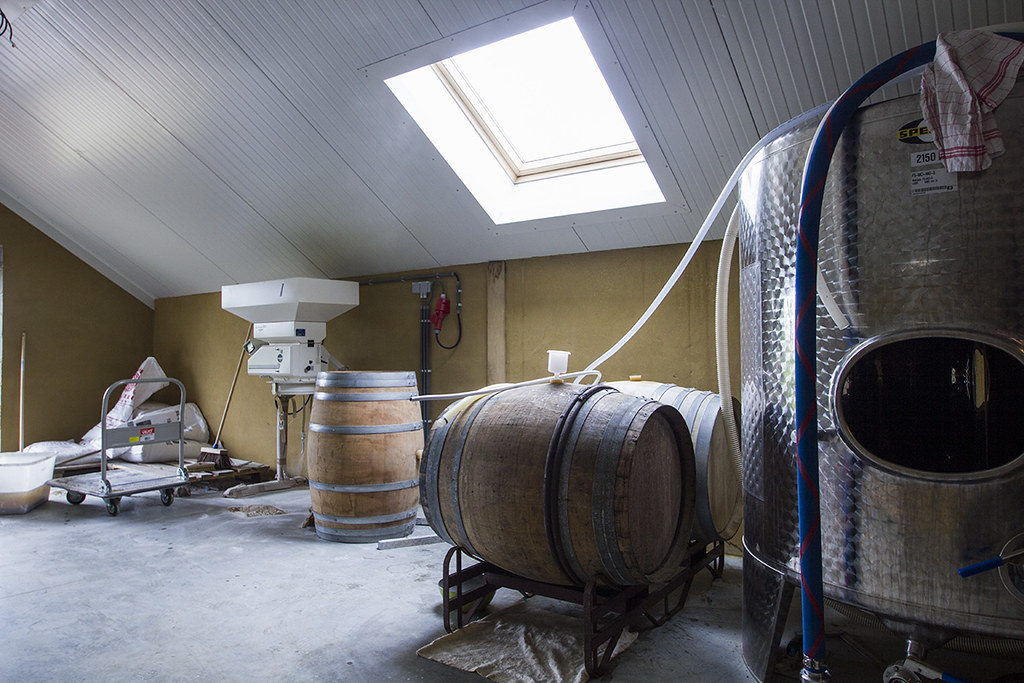
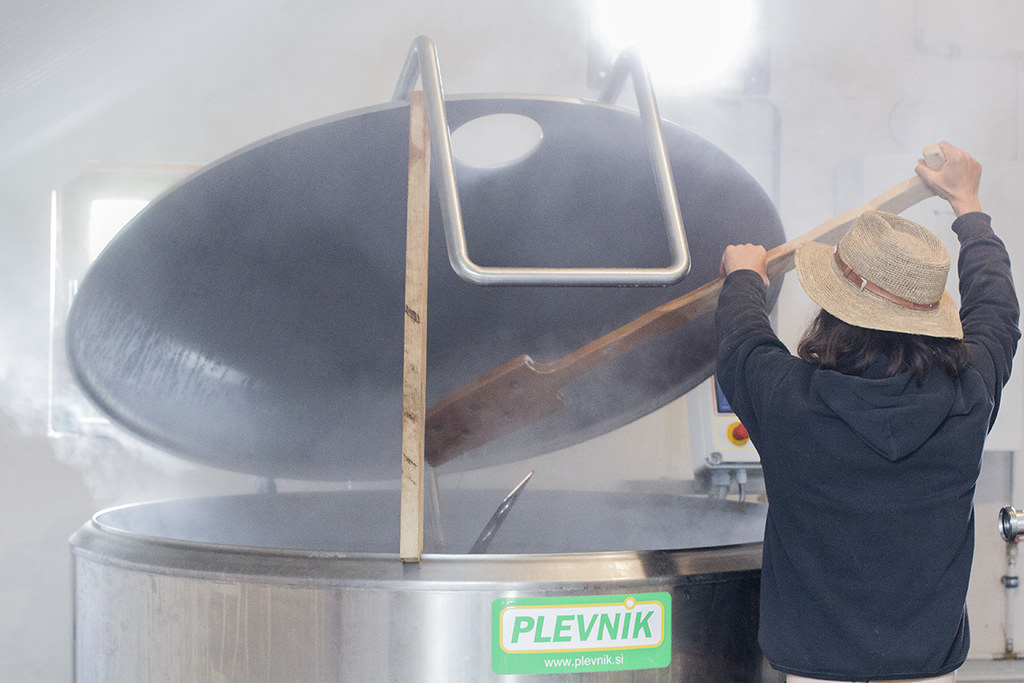
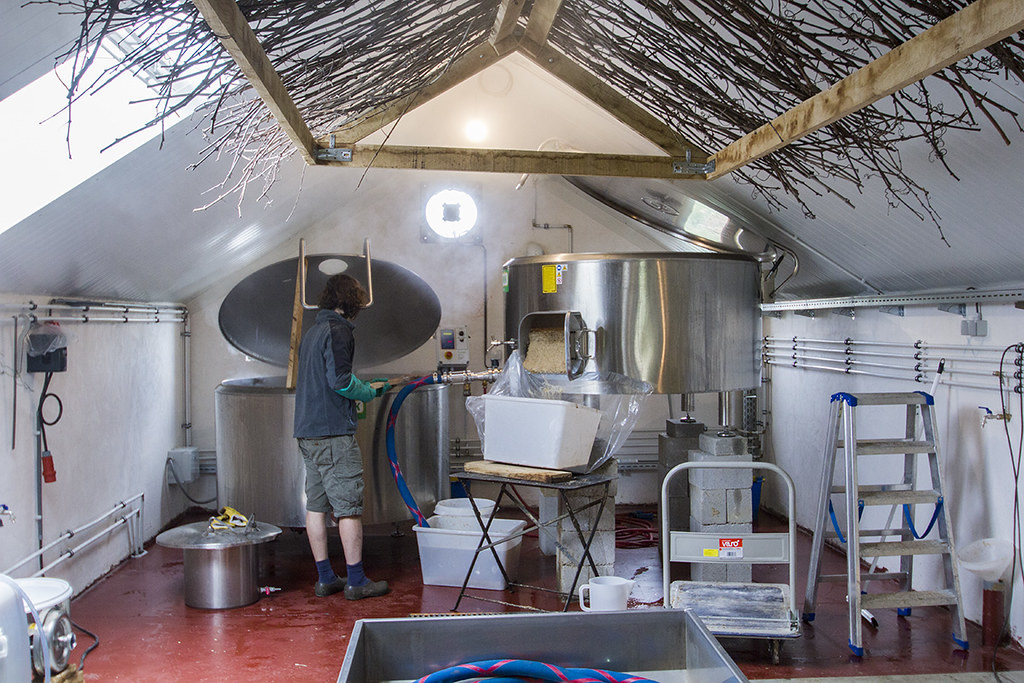
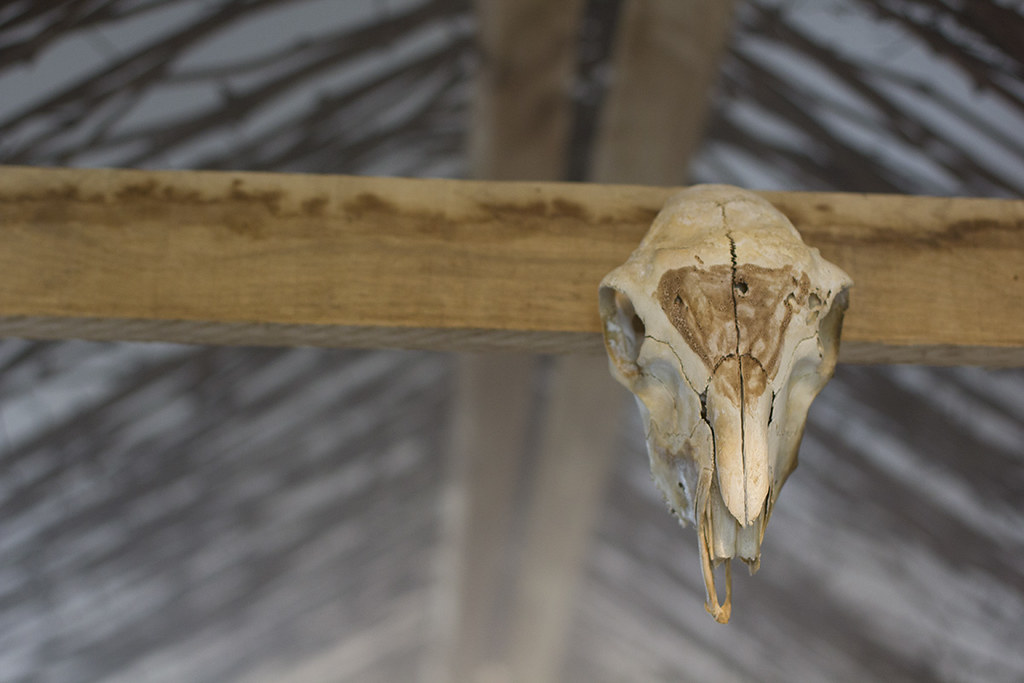
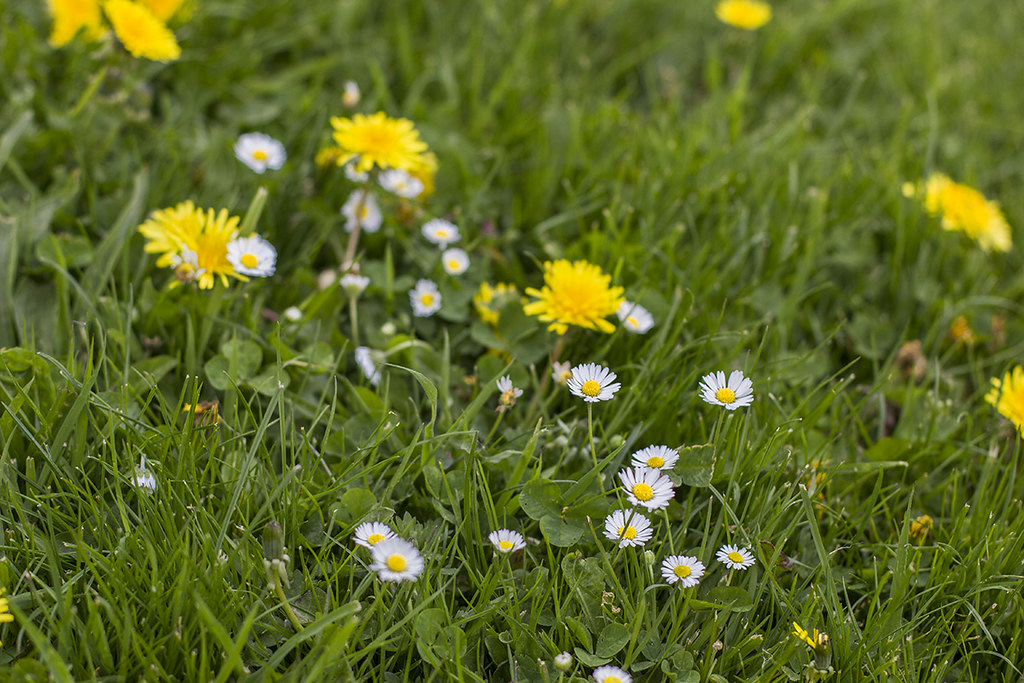
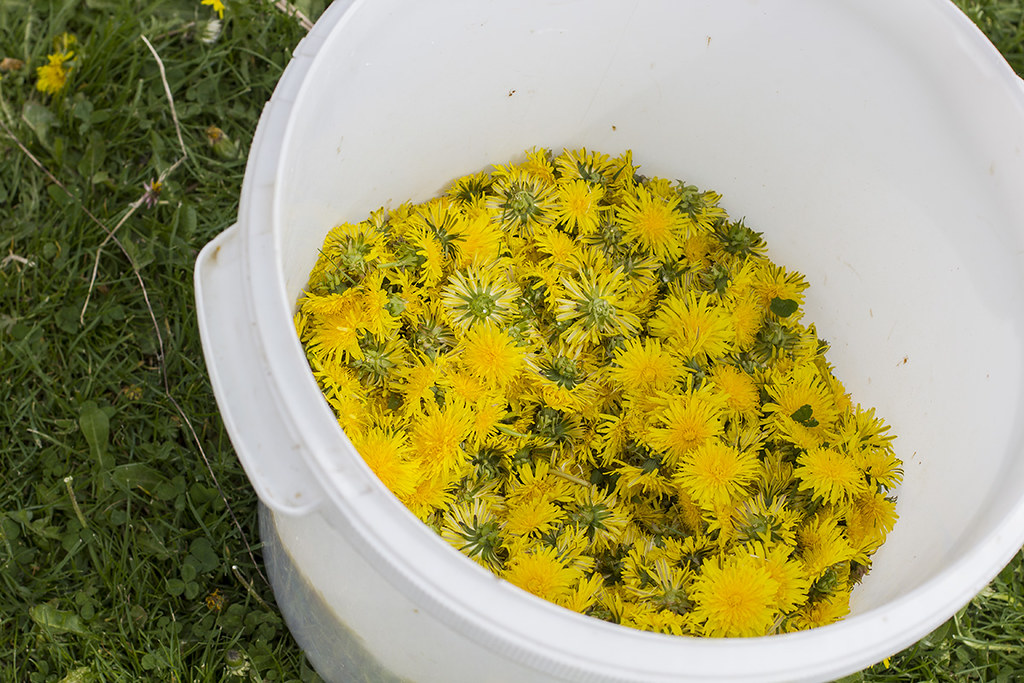
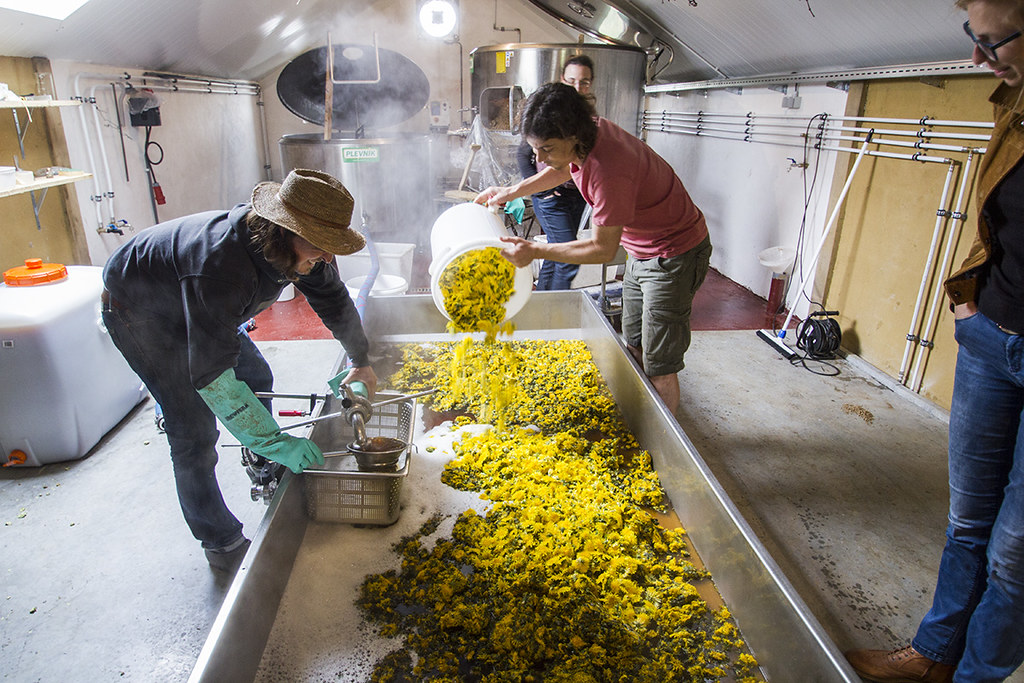
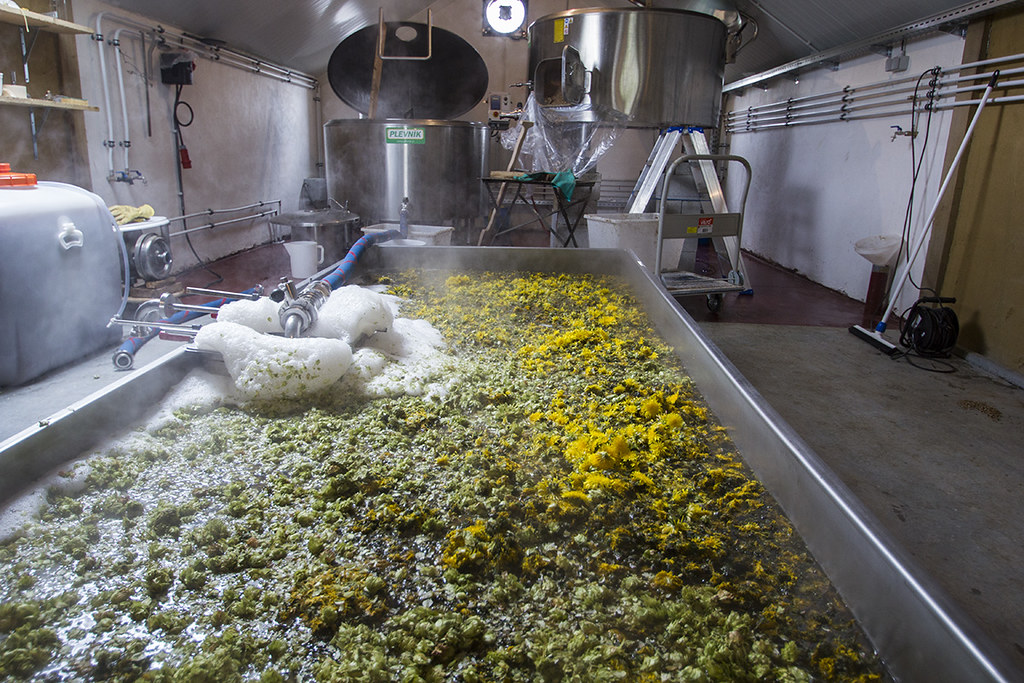
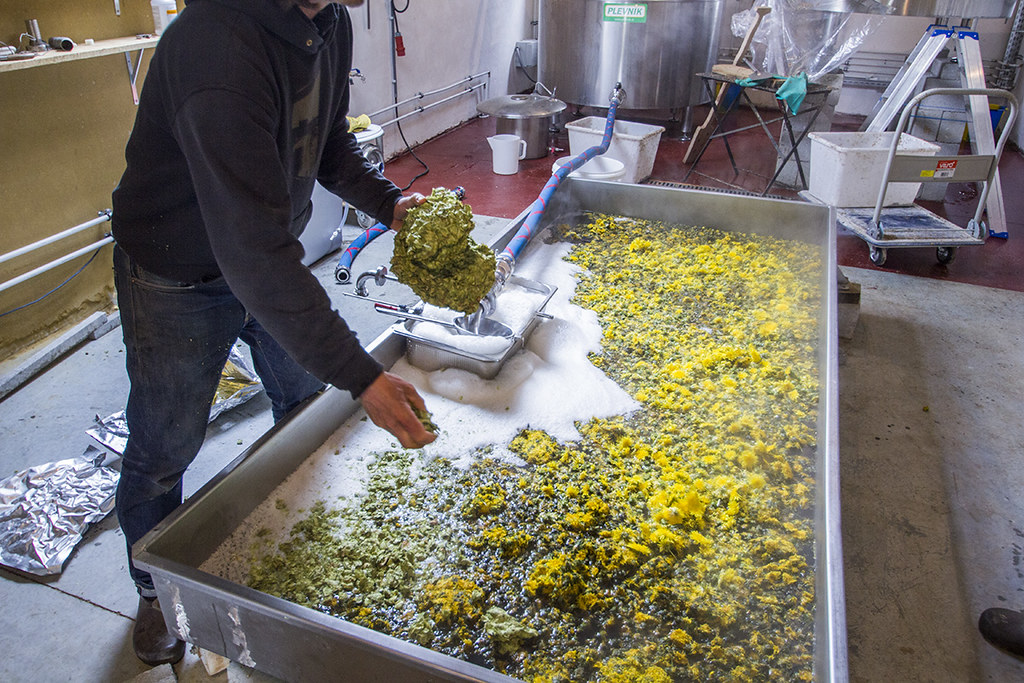
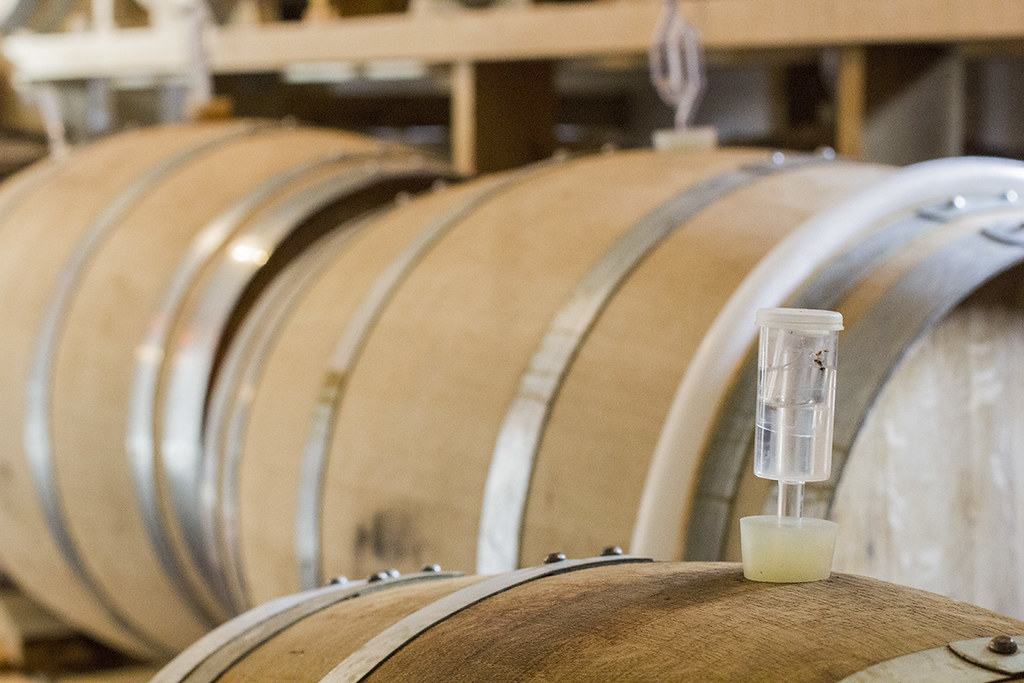
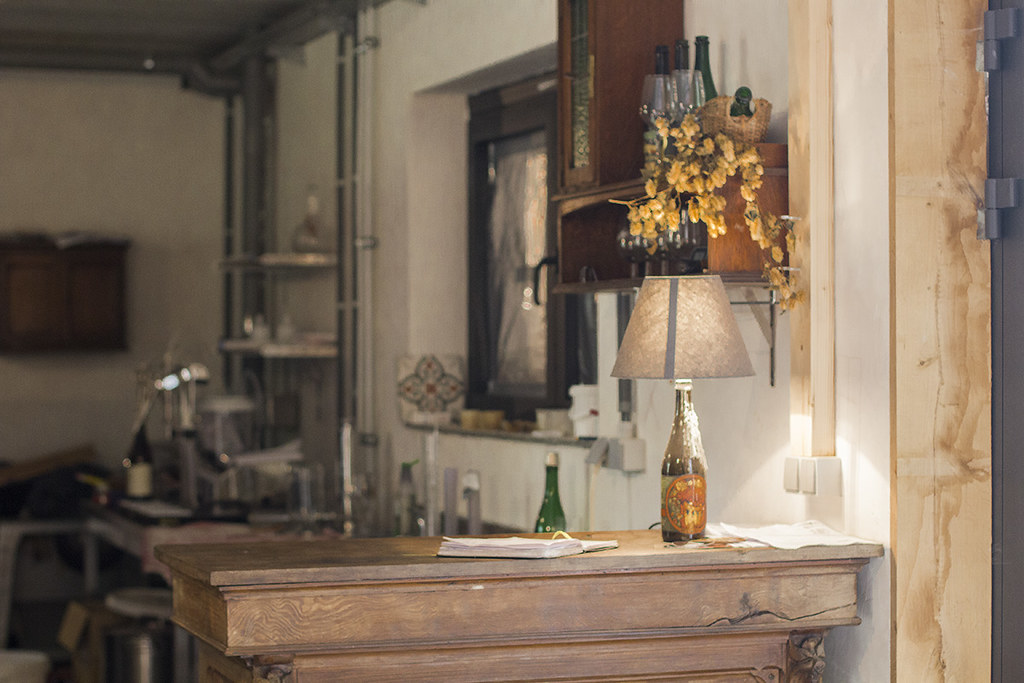
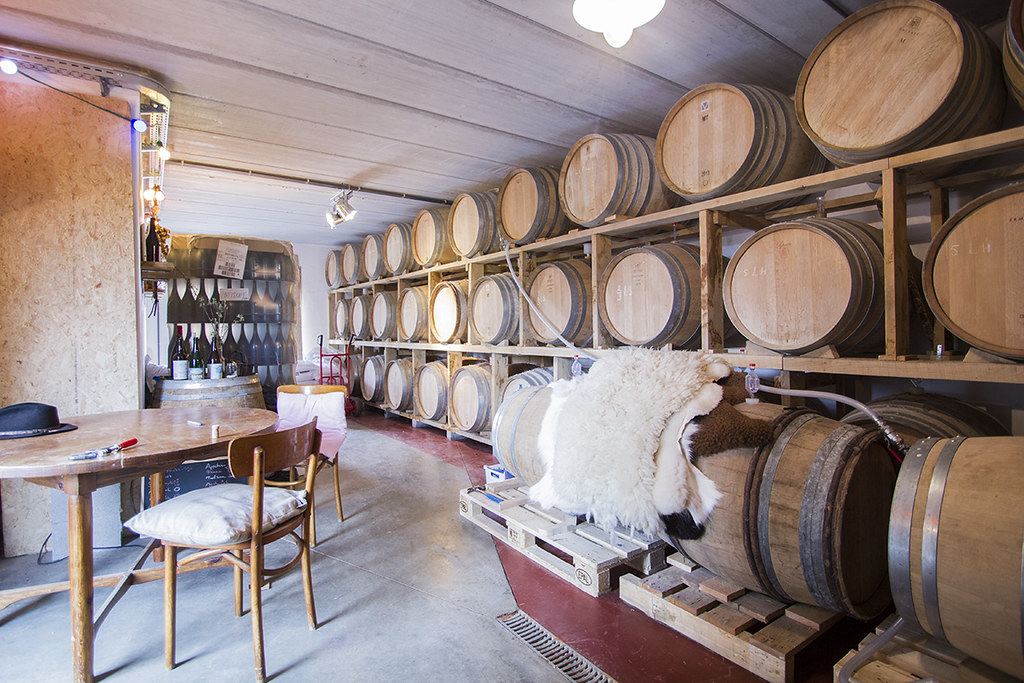
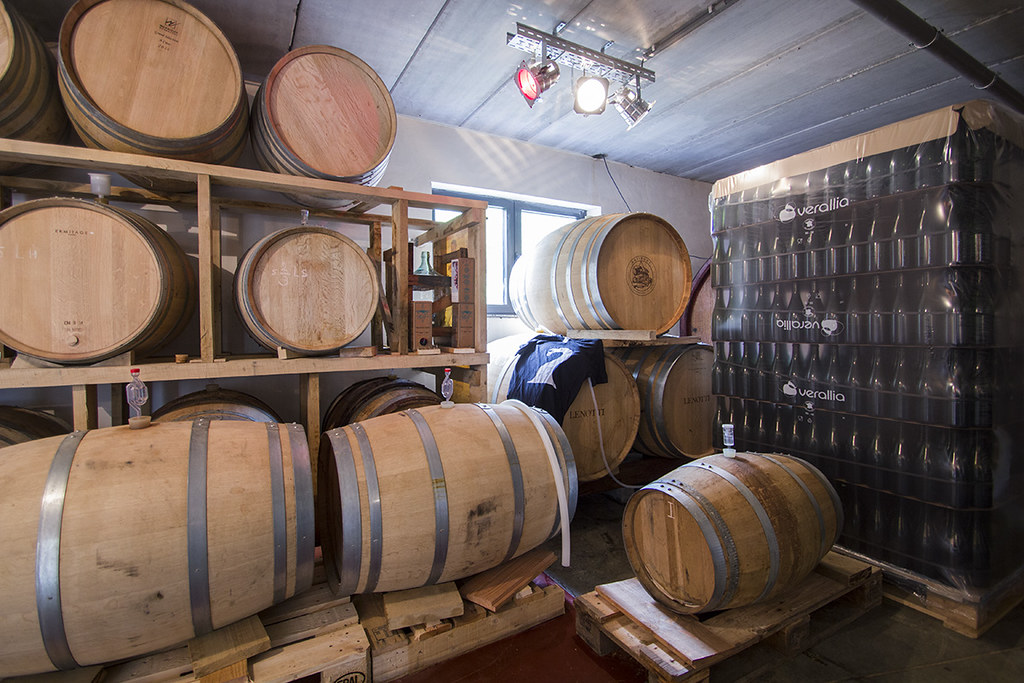
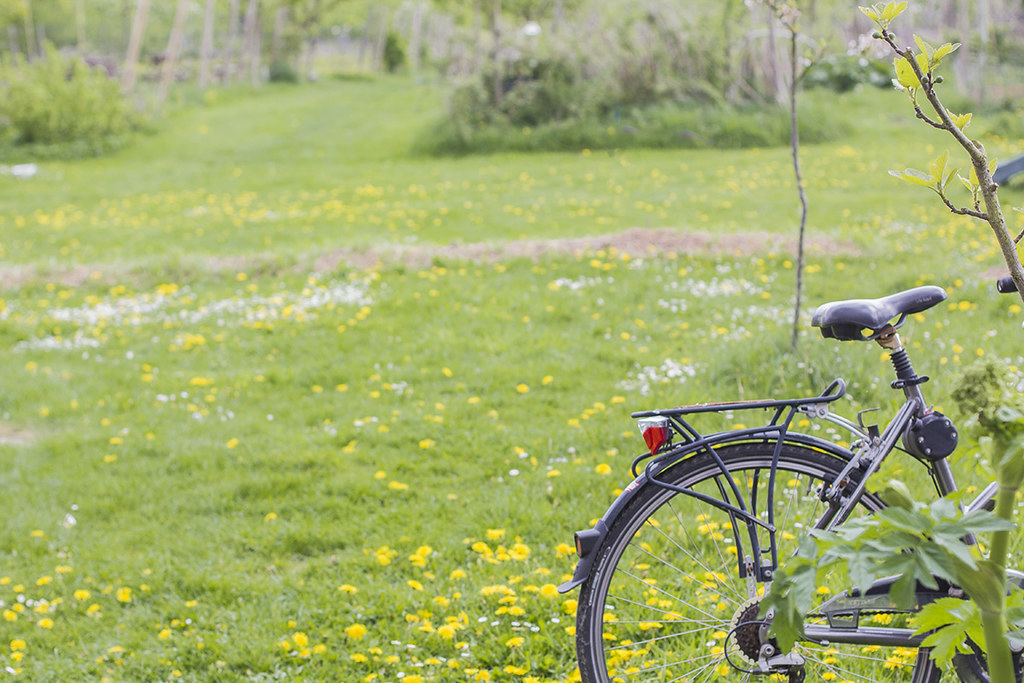
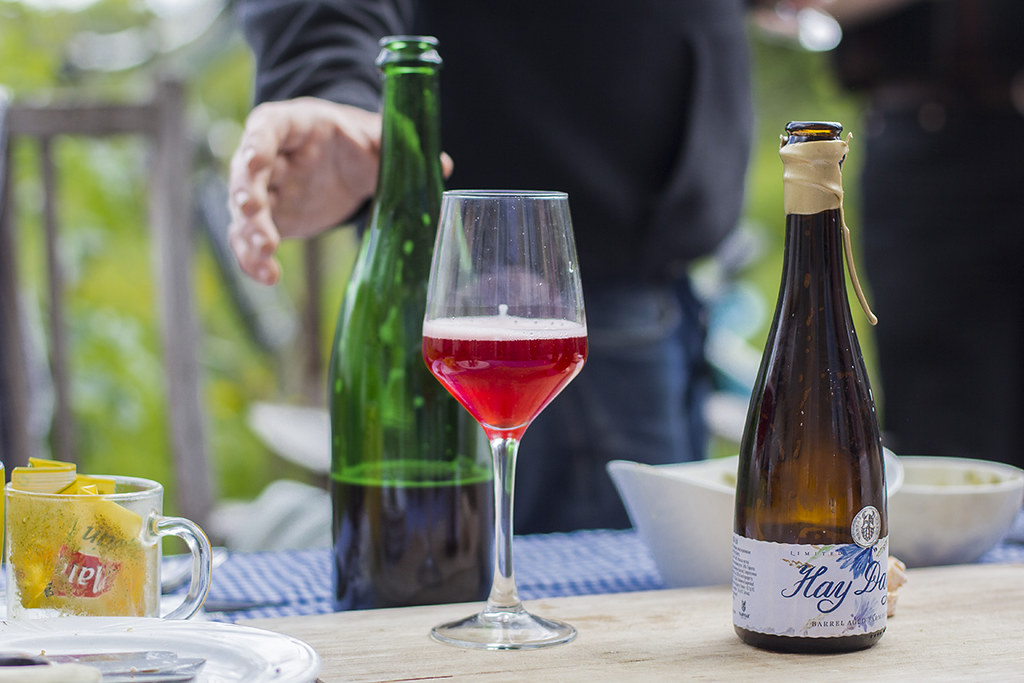
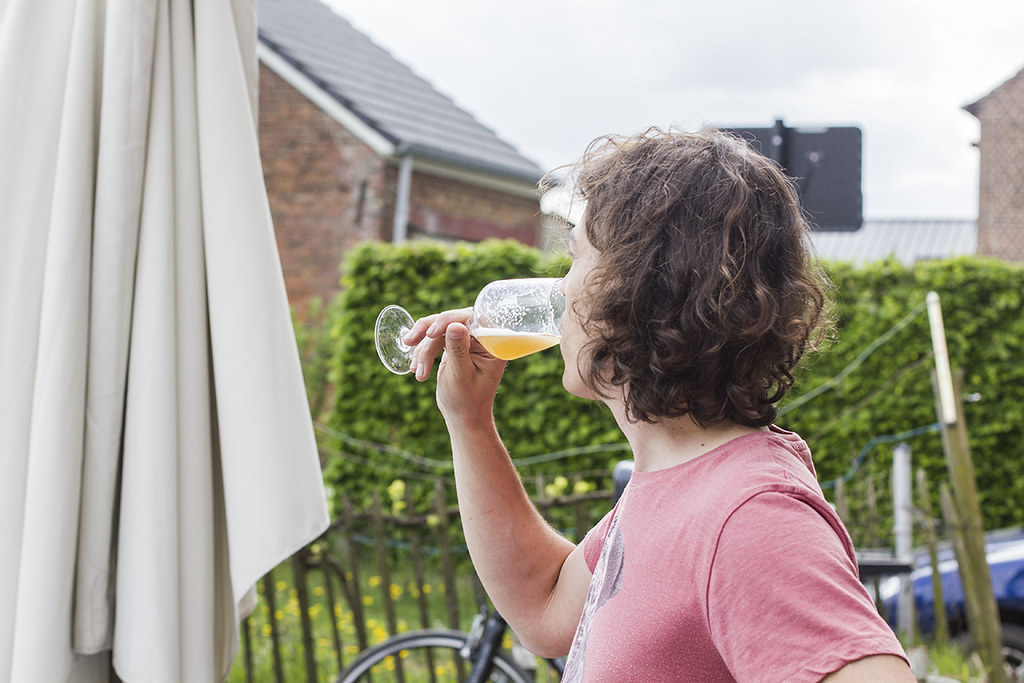
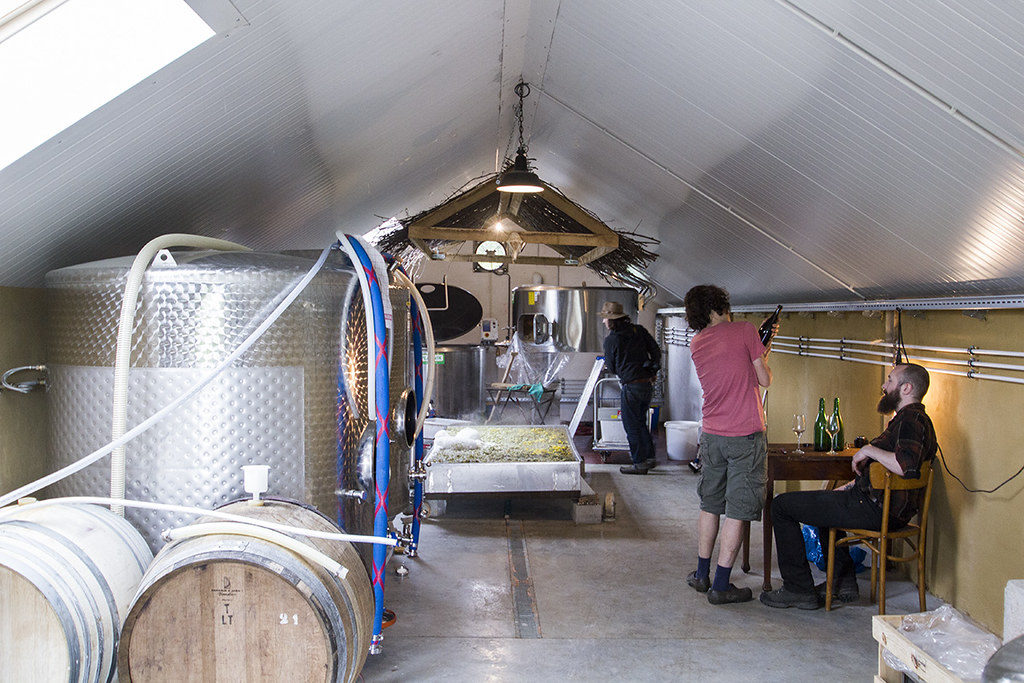
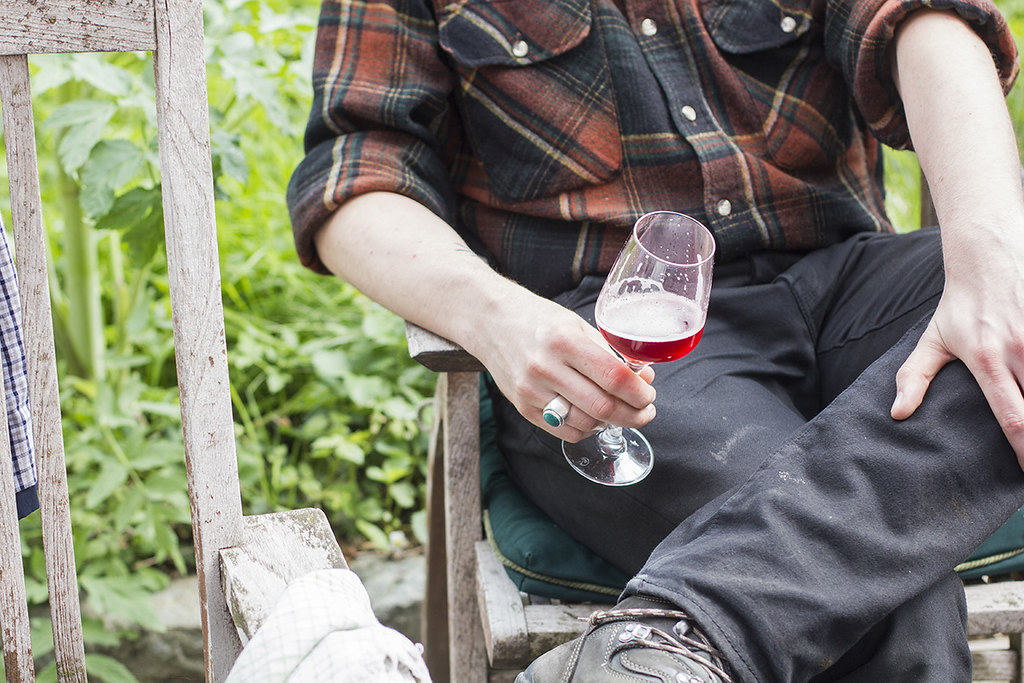
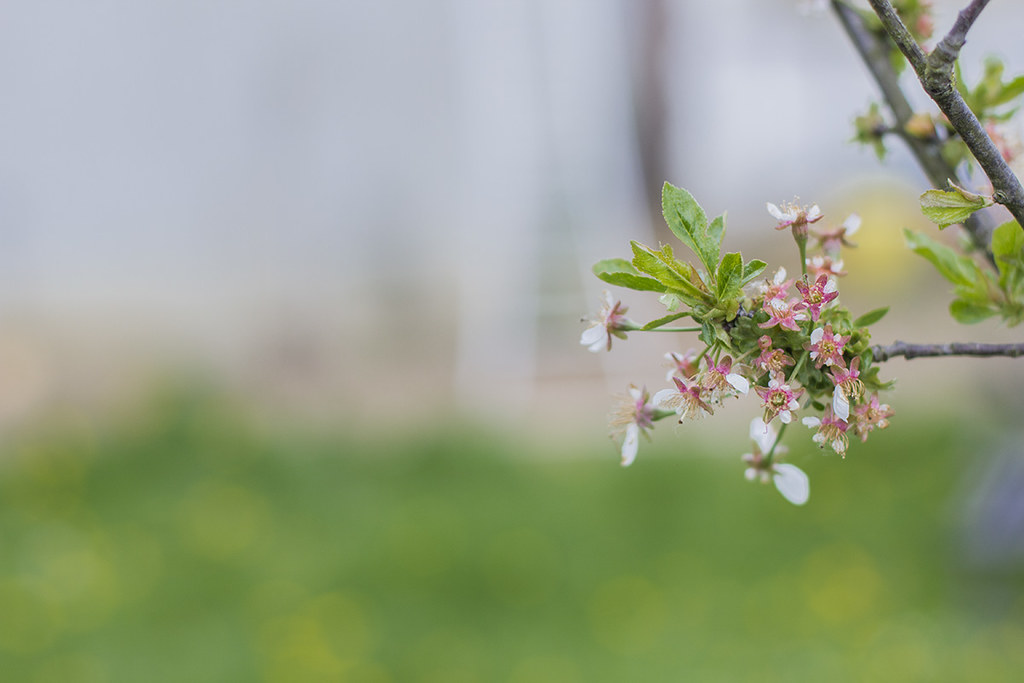
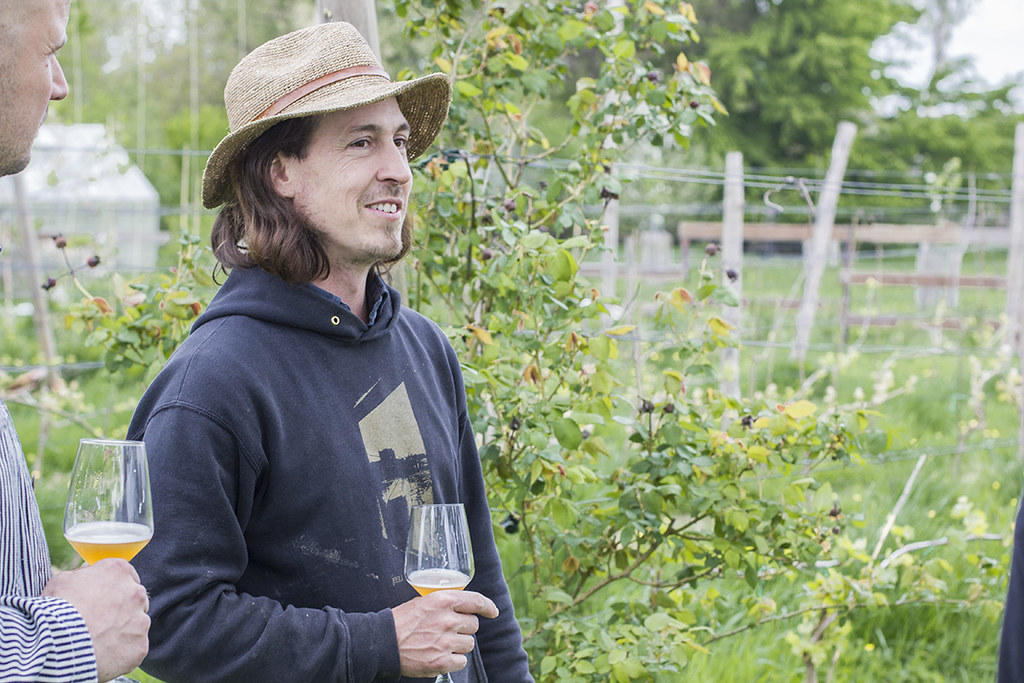
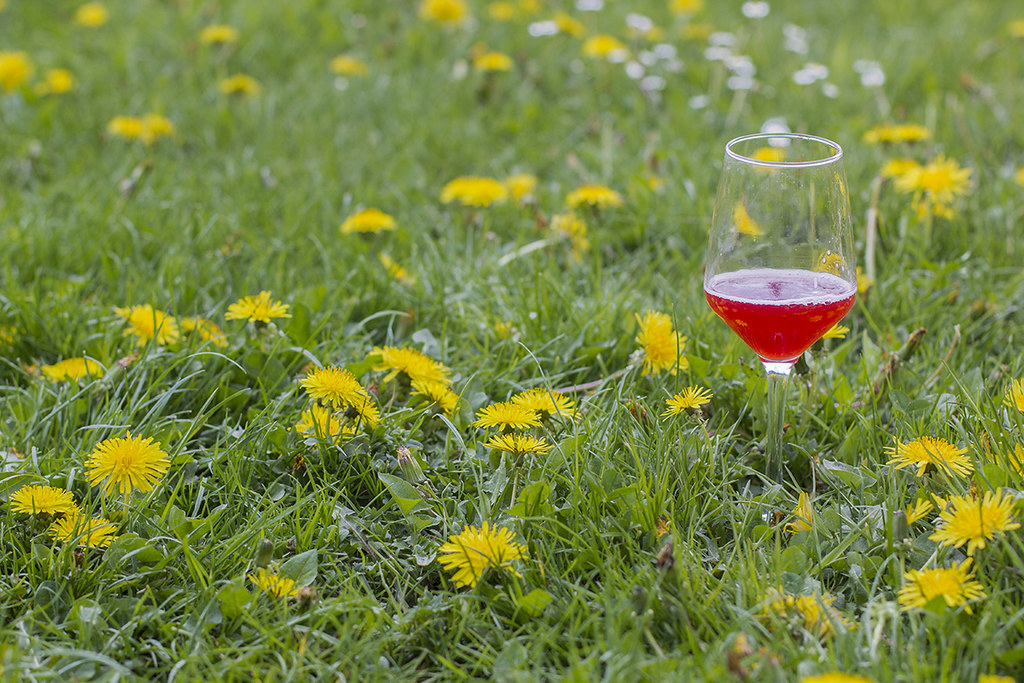
Немає коментарів:
Дописати коментар